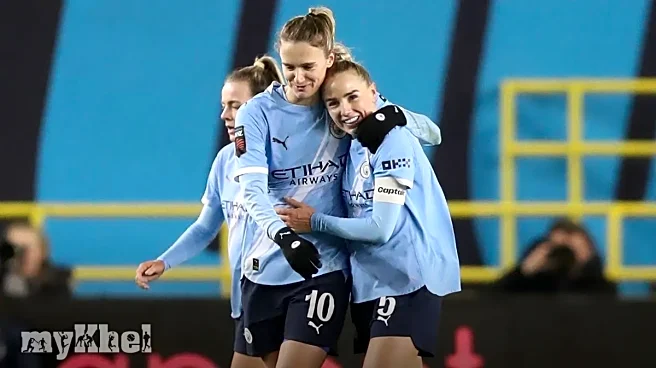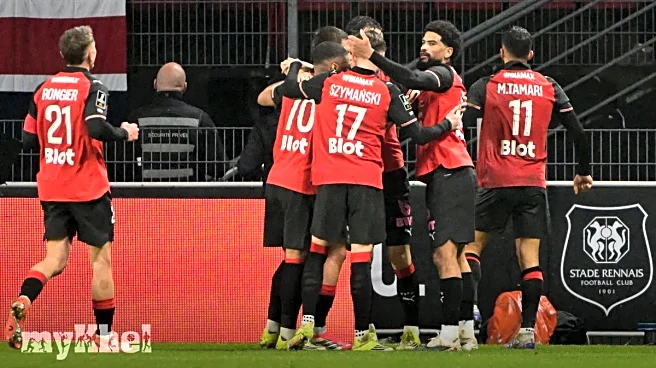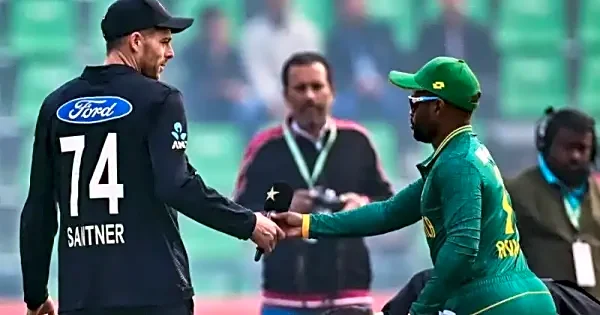According to US law, only 85,000 new H-1B visas are allowed annually. However, "one district in India, the Madras (Chennai) district" apparently received 220,000, which is two-and-a-half times the maximum Congress established, Dave Brat, an economist, said on Steve Bannon's War Room podcast.
“71% ofH-1B visas come from India, and only 12% from China,” he said, pointing out that Indian nationals now make up the vast majority of H-1B grantees. He labelled this discrepancy a red alert.
Brat claimed that American workers were endangered by the presence of unqualified persons who come to the US under H-1B visas and said the system was "captured by industrial-scale fraud."
“When you hearH-1B visa, think of your cousins, your aunts and uncles, your grandparents … One of these folks comes over and claims they’re skilled; they’re not. That’s the fraud. They just took away your family’s job and your mortgage,” he added.
Watch the conversation here:
DR.
DAVE BRAT: 71% of H-1B visas come from India. The national cap is 85,000, yet one Indian district got 220,000! That's 2.5x the limit!
When you hear H-1B, think of your family, because these fraudulent visas just stole their future.@brateconomics pic.twitter.com/8O1v8qVJPe
— Bannon’s WarRoom (@Bannons_WarRoom) November 24, 2025
In 2024, the US Consulate in Chennai is said to have processed 140,000 H-4 dependent visas and more than 220,000 H-1B visas. The consulate is the most active H-1B serving centre in the world and, as per The News Indian Express, it attends to the H-1B visa seekers from Tamil Nadu, Karnataka, Kerala, and Telangana.
Brat associated the problem with American jobs and claimed that the program's misuse was endangering American workers.
This comes amid the Trump administration's hardline on immigration in the US. During his second term, Donald Trump has made it his policy to limit immigration by issuing numerous executive orders and rulings and also deport ‘illegal aliens’.
Brat's comments resonate with serious allegations made by Mahvash Siddiqui, a former Indian-American consular official at the US embassy in Chennai.
Speaking in a recent podcast, Siddiqui claimed that up to 80–90% of H-1B visas granted to Indian applicants were fraudulent, often based on fake employer letters, forged degrees, or unauthorised proxy interviews.
According to Siddiqui, she and her staff identified what they considered to be ‘industrialised fraud’ during her term (2005–2007) and brought the matter up with top US diplomatic officials. She said that any follow-through was foiled by political pressure and internal opposition.
“As an Indian-American, I hate to say this, but fraud and bribery are normalised in India,” Siddiqui added.
Siddiqui reportedly named Hyderabad as a specific hotspot and claimed that shops in Ameerpet, a prominent training centre, openly advised visa applicants and provided fake marriage licences, job letters, and educational credentials.
US companies can afford to employ foreign workers in specialist sectors, especially technology, via the H-1B visa. Approximately 70% of holders are Indian citizens, making India the primary source of skilled immigrants joining the American employment market.
/images/ppid_59c68470-image-176414755675383546.webp)



/images/ppid_a911dc6a-image-177101752951095973.webp)



/images/ppid_a911dc6a-image-177101403147018469.webp)
/images/ppid_a911dc6a-image-177101053501199609.webp)
/images/ppid_59c68470-image-177101003680064644.webp)


